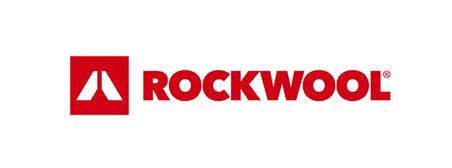Search eceee proceedings
Pieces of the jigsaw: Minimum Energy Performance standards in practice
Panel: 7. Policies and programmes for better buildings
This is a peer-reviewed paper.
Authors:
Catrin Maby, n/a, United Kingdom
Louise Sunderland, RAP and Independent, United Kingdom
Abstract
The COP26 meeting in Glasgow has heightened awareness of the climate challenge across the globe. In Scotland, the host country, the devolved government is pushing ahead with plans to decarbonise buildings, one of the areas in which they have power to legislate. The age and slow replacement of the housing stock, combined with high levels of owner-occupation, make the owner-occupied existing housing stock a high priority for action. It is also a very difficult and sensitive sector to tackle. In 2019, the Scottish Government consulted on setting minimum energy performance standards for owner-occupied homes, and in October 2021 published their Heat in Buildings Strategy, signalling a pioneering approach to this challenge.
This paper describes the approach under development in Scotland, and the range of legislative, technical, social, commercial and practical barriers and opportunities that this raises. These include concerns for homeowners about the costs and disruption of works, energy bills and quality assurance for works. Other major consideration are the practicalities of different trigger points, and the links to effective enabling structures, as well as burdens upon local authorities and impacts on the housing market more generally. A framework is proposed, to bring together the many pieces of this complex jigsaw.
The paper is informed by current research underway with stakeholders in Scotland, as well as studies with a wider European perspective on the fuel poverty and social justice issues involved in decarbonising homes.
Downloads
Download this paper as pdf: 7-219-22_Maby.pdf
Download this presentation as pdf: 7-219-22_Maby_pres.pdf
Panels of
1. Dynamics of consumption: less is more?
2. Efficiency and beyond: innovative energy demand policies
3. Policy, finance and governance
4. Monitoring and evaluation for a wise, just and inclusive transition
5. Towards sustainable and resilient communities
6. Energy-efficient and low-carbon mobility for all
7. Policies and programmes for better buildings
8. Innovations in products, systems and building technologies



























